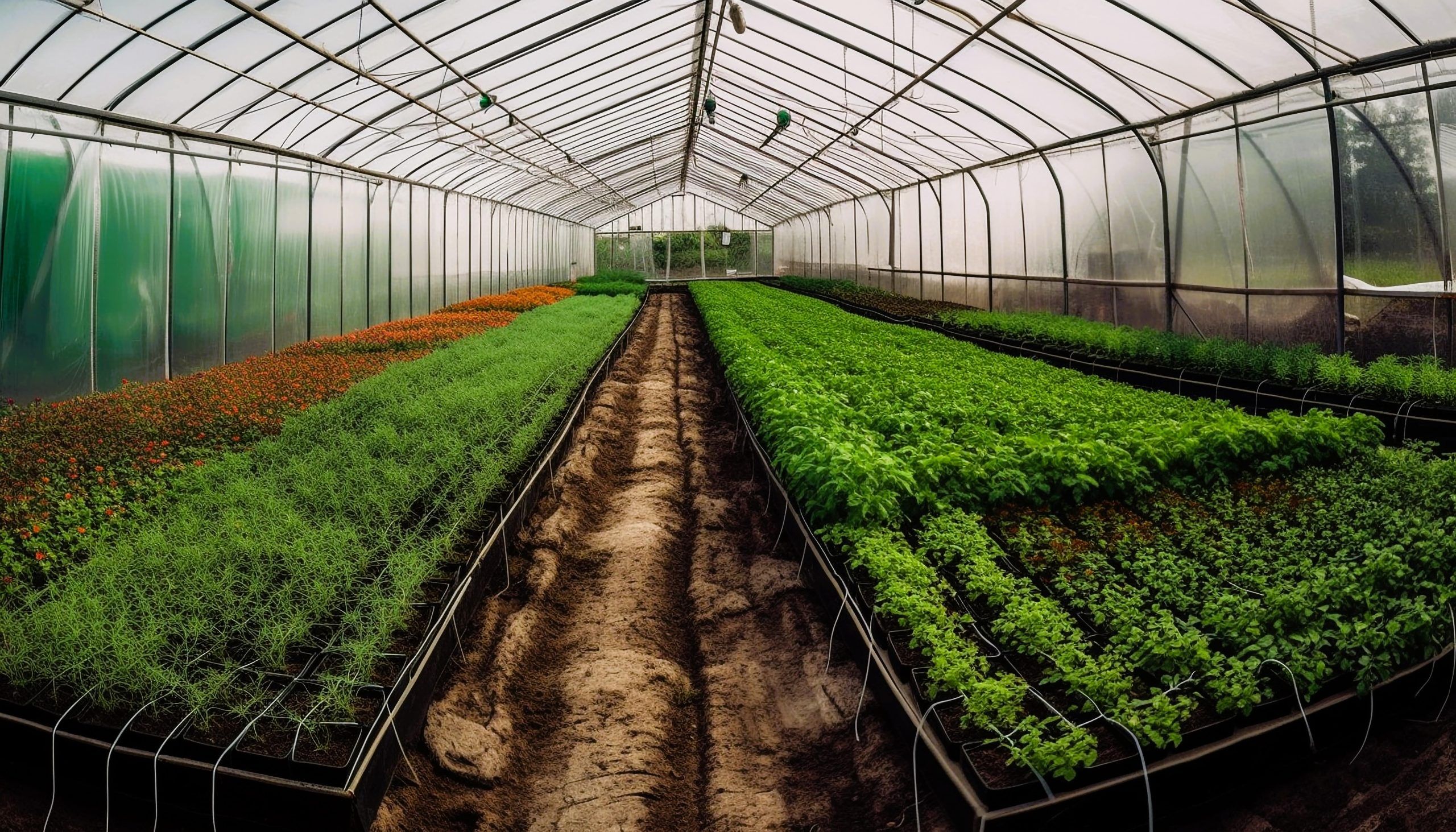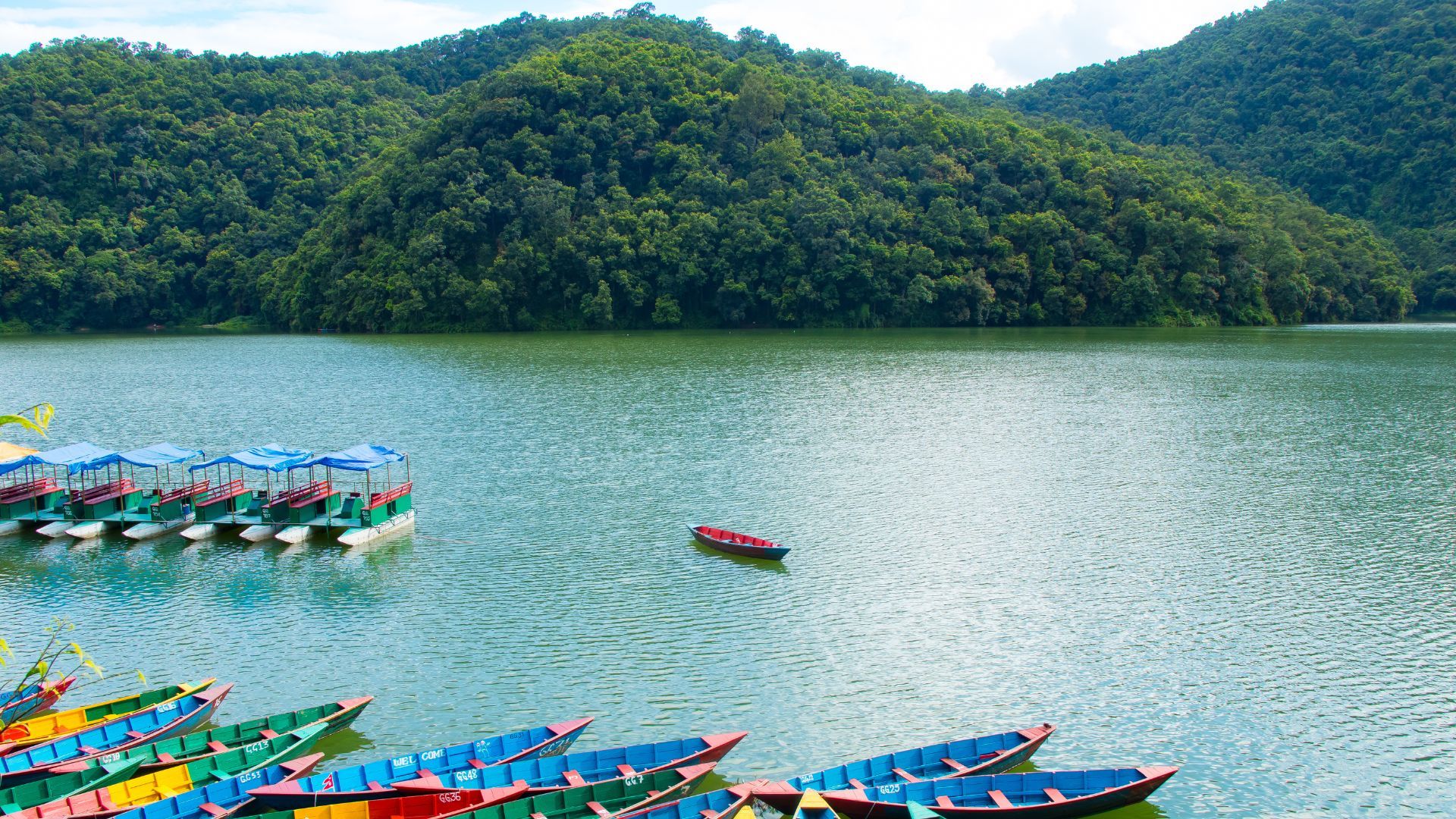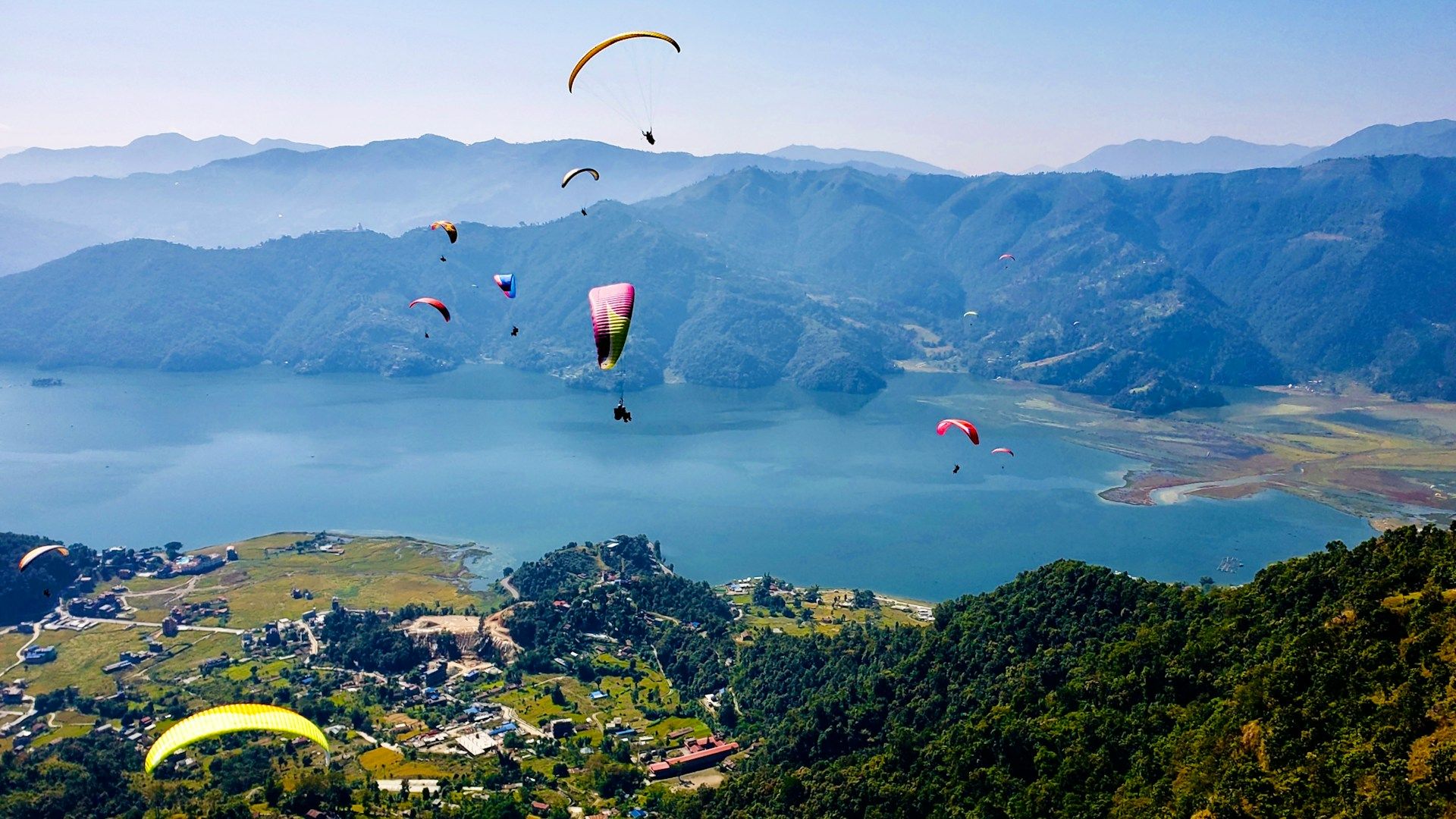Sustainable Agriculture in Pokhara: The Rise of Organic Farming in Sedi

The city of lakes, Pokhara, nestled in central Nepal is renowned for its breathtaking natural beauty and allure as a prime tourist destination globally. With the majestic Annapurna range as the backdrop, Pokhara offers stunning views of snow-capped peaks like Machapuchare (Fishtail) and the city’s centerpiece, the Phewa Lake. Beyond the scenic vistas, the city offers dozens of adventurous sports and is dotted with natural wonders like Devi’s Fall, Mahendra Cave, and Bat Caves. Pokhara is also a gateway to some of the world’s popular trekking routes around Annapurna region like Annapurna Base Camp and Mardi Himal Trek, providing adventure and tranquility. The city’s laid-back atmosphere infused with its vibrant culture and adrenaline-pumping adventure activities ensures a memorable experience for all visitors.
In recent years, the adventurous and picturesque city has been transitioning towards organic farming, particularly in its surrounding rural regions. The shift towards organic farming is driven by a growing awareness of health consciousness, environmental benefits, and the locals’ desire for sustainable agricultural practices. The move toward sustainability encourages farmers in these regions to avoid chemical fertilizers and pesticides in favor of natural alternatives which eventually help enhance the soil health and encourage biodiversity.
Sedi, an alluring place in Pokhara is getting popular for its dedicated transition to organic farming by embracing eco-friendly agricultural practices and shifting away from farming ways that heavily rely on chemical fertilizers and pesticides. The farmer’s dedication to organic agriculture has led to the establishment of local markets attracting health-conscious consumers who prioritize health and promoting sustainability. This initiative has transformed Sedi into a hub of fresh and natural produce creating a robust demand for organic products. This movement benefits the farmers economically and contributes to preserving Pokhara’s natural beauty and biodiversity.
About Organic Farming
Organic farming is a comprehensive approach to emphasizing a sustainable agricultural system without the use of synthetic fertilizers, artificial additives, pesticides, and genetically modified organisms. This method uses natural techniques like crop rotation, green manure, and biological pest control to maintain soil health, composting, and enhance biodiversity and produce nutritious food. Organic farming is crucial for sustainable agriculture due to its potential to create an environmentally friendly, socially equitable, and economically practical food system. Here are five key benefits of organic farming listed down below:
Soil Conservation and Health
Organic farming promotes soil health by controlling pests and diseases naturally and helps maintain soil fertility and structure. This approach increases organic matter in the soil which elevates a rich ecosystem of microorganisms and reduces soil erosion by enhancing the soil’s ability to retain water and nutrients.
Increased Biodiversity
Organic farming also promotes biodiversity by intercropping, crop rotation, and methods that encourage the coexistence of different animal species and plants. This process supports beneficial insects and microorganisms and helps maintain ecological balance.
Improved Water Quality
By avoiding chemical fertilizers and pesticides which contribute to contaminating water sources, we can reduce water pollution with the help of organic farming. Organic farming also promotes efficient water use.
Enhanced Nutritional Value
With organic farming, crops with higher nutritional values are grown which leads to healthy outcomes for consumers. The absence of fertilizers and pesticides results in food rich in vitamins, minerals, and antioxidants.
Reduced Environmental Pollution
Avoiding the use of chemicals reduces the risk of air and water pollution, negative impacts on the environment, and greenhouse gas emissions on local ecosystems. Organic farming practices can also lower reliance on fossil-fuel-based inputs.
Organic farming plays a key role in promoting sustainability in agriculture by enhancing soil health, reducing carbon footprints, improving public health, and protecting the environment. It stands as a viable solution for a healthier food supply, reducing environmental pollution, and preserving biodiversity.
Organic Farming Practice in Sedi, Pokhara
Sedi is a peri-urban picturesque village situated in the Pokhara region with a unique combination of climatic and geographic conditions making it suitable for organic farming practices. This region offers a warm and temperate climate with fertile soils, abundant water supply, and favorable growing conditions for a wide variety of crops using organic methods. Sedi has rich, well-draining, and highly fertile soil with high organic matter content in the soil making it perfect for organic farming. Also, consistent rainfall and ample water supply support the growth of diverse crops and vegetation.
This area boasts a mild and temperate climate throughout the year reducing the risk of extreme weather change that could harm the vegetation. The stable climate enhances year-round farming of a wide range of agricultural produce. Unlike warmer areas, Sedi has fewer diseases and pest incidents common in warmer or lower altitude areas which aligns well with organic farming principles.
The organic farming methods practiced by local farmers in the Pokhara region are polyculture and crop rotation. The idea helps farmers to maintain soil fertility, reduce disease and pest cycle. Also, the method of cultivating multiple crops in the same space enhances soil health and biodiversity.
Likewise, using organic fertilizers like compost and farmyard manure is also a common practice amongst the farmers. This method enriches the soil with organic matter and essential nutrients beneficial for plant growth. Moreover, farmers also use green manuring and mulching techniques to improve soil fertility. As mentioned above, Sedi, Pokhara has excellent geographic and climatic conditions for organic farming. And by following these sustainable techniques to enhance the soil fertility, it simply proves the farmer’s dedication and hard work in promoting agricultural sustainability and maintaining ecological balance.
Dorje’s Resort Initiatives towards Organic Farming
While the locals and the farmers are stepping up and moving towards organic farming, Dorje’s Resort and Spa, a premier hospitality establishment, stands as an exemplary model by embracing sustainability and organic farming. Right from the start, Dorje’s resort has been taking significant steps towards environmental sustainability by partnering with the locals in every way possible. The resort sources ingredients like fruits and vegetables from their own farm where foods are grown without using synthetic chemicals. Likewise, they purchase fresh products from local farmers to reduce their transport footprint and also support the local business.

Moreover, the resort actively engages with the locals by sharing organic farming knowledge and hiring them to upskill their knowledge in hospitality and services. These techniques help locals earn livelihoods by working both outside and inside the resort. Nonetheless, most of the ceramics like cups and pots in the resort are carefully crafted by local artisans. They pass down the culture, tradition, and history of the region through these crafts.
Guests are also encouraged to visit the resort’s farm to gain insights into the benefits of organic agriculture. Dorje’s resort not only offers scenic landscapes of Pokhara and serene escape from the city life but ensures a healthy and tranquil stay for their guests. By incorporating sustainable practices, Dorje’s enhances the guest experience with fresh, organic, and healthy foods but also contributes positively to the society and the environment.
Impact of Organic farming on local economy and Tourism
Organic farming has significantly strengthened the local economy and tourism in Pokhara by enhancing both sectors in a sustainable manner. Local farmers are somewhat gaining economic benefits with higher demand for their product after embracing organic farming. The shift to organic farming also reduces reliance on costly synthetic chemicals, inspiring local entrepreneurs to start organic food businesses and eco-friendly agricultural supply stores.
The rising impact of organic farming has also drawn interest from visitors seeking eco-friendly and sustainable travel experiences. This growing interest from tourists towards sustainable travel has led to a growing market for organic foods in the city. Just like Dorje’s Resort and Spa, many establishments integrate locally grown organic produce into their operations highlighting sustainable practices.
Nonetheless, organic farming practice plays a crucial part in promoting Pokhara as a green and sustainable travel destination. With their dedication to organic farming and sustainable tourism, Pokhara attracts tourists who value eco-friendly practices and are willing to support businesses prioritizing environmental sustainability. This practice has led to an increase in tourism revenue while providing economic opportunities for local communities.
End Note,
Organic farming is a reframing approach with a huge potential for sustainable agriculture and environmental care. Sedi, Pokhara stands as an example for the benefits of organic farming with enhanced soil health, reduced carbon footprint, and economic growth within the local farmers. The organic farming practices not only support an organic food system but also contribute positively to the well-being of an entire ecosystem.
With the rise in sustainability and organic farming, Pokhara attracts eco-friendly tourists and visitors enhancing its reputation as a green travel destination. This practice has also influenced the local economy and tourism sector massively. And to ensure the continued success of these practices, it is crucial for individuals as well as communities to support and practice organic farming techniques.
Dorje’s Resort and Spa epitomizes the incorporation of luxury with sustainability by practicing organic farming and providing fresh, organic, and healthy foods. The resort has made significant progress in promoting eco-friendly practices that aligns with the region’s dedication to sustainable tourism. By demonstrating that luxury and sustainability can coexist harmoniously, Dorje’s have established themselves as a role model for sustainable tourism in the region. With a positive reputation, Dorje’s Resort encourages every individual to embrace organic farming to contribute to a better world.





